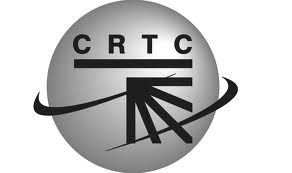
Public consultation in Canada over the Canadian Radio-television and Telecommunications Commission’s (CRTC) draft of its code for wireless service providers has now entered its second phase on Monday, January 28. The CRTC has divulged the code because the government regulator wants more input from consumers of wireless services in the country. The commission wants to confront rising complaints against unfair practices by wireless service providers who have started promoting a non-competitive environment to obtain additional charges from their customers.
Jean-Pierre Blais, chairman of CRTC, said that, “I would like to thank Canadians for having shared their candid views on wireless services. The draft code is still very much a work in progress and intended to encourage more discussion. We are inviting Canadians to participate by telling us what they think of the working document. Once finalized, the wireless code will enable them to make informed decisions in a competitive marketplace.”
At this point in time, there are over 27 million people in Canada who have subscribed to various wireless services, which makes it a 19 billion dollar industry. Therefore, check and balance is the need of the hour and CRTC is looking to add such measures to the industry. According to TechVibes, the code below is what the CRTC has introduced:
“Cancellation fees, a major plague on consumers, will be more formualic and reasonable.
Carriers must explicitly explain all limits on their so-called “unlimited” plan offerings.
Contracts must be written clearly so that customers can understand them easily.
Mobile phones that are not subsidized or otherwise not on contract must be unlockable for free.
Users must be sent notices via email or text when they’re nearing voice, data, or text usage limits.
All charges must be suspended while devices are being repaired by the carrier.
All carriers must provide easy online access to usage monitoring.”
Besides this the draft also says that, “Service providers that offer ‘unlimited’ plans must explain at the time of sale and in the personalized information summary whether there are limits to the ‘unlimited’ plan and whether the service provider retains the discretion to move the consumer to a ‘limited’ plan if these usage limits are exceeded.
Service providers must also explicitly explain, in their fair use policies, the amount of use that will trigger the application of the policy; describe the consequences to the consumer should the policy be applied; and implement internal policies and maintain records that will enable them to demonstrate that they apply fair use policies reasonably.”
Source: TechVibes